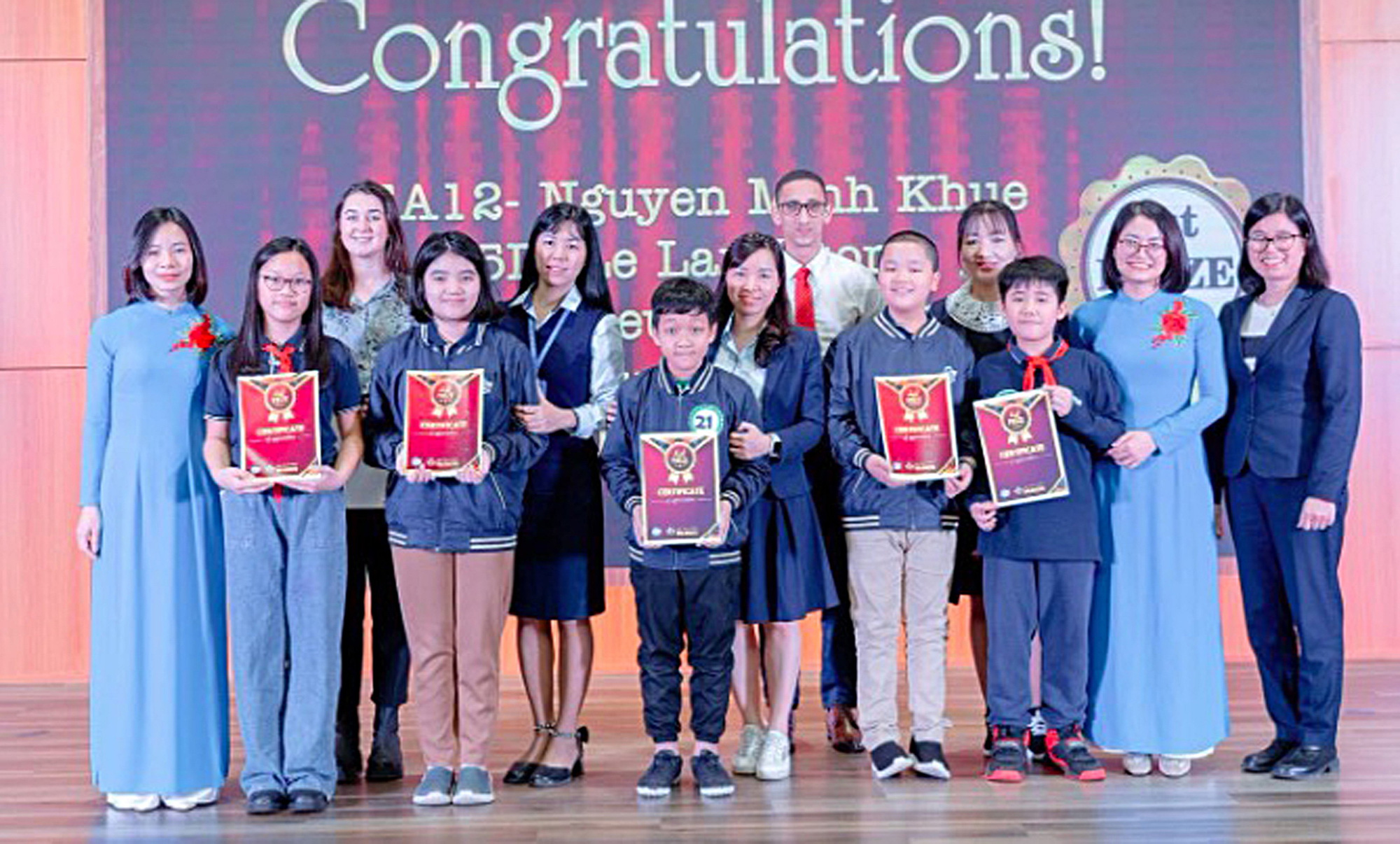
Candidates won high prizes in the English speaking contest - Photo: AM
Just recently, my 5th grader came home and confidently announced to his parents: "My school is organizing an English presentation contest with a free topic. I chose the topic of migratory birds."
First prize is not surprising
Immediately, I remembered the time when I was in 7th grade, I registered for the "Student Beauty" contest and chose to tell a joke in English, in the Talent category. I only told half of the story and then got stuck, but still received applause from the whole school because no one understood anything.
At that time, I myself did not understand the whole story. I memorized it like a parrot, the parts of the voice going up and down, the parts of the emphasis, or the speed, all of which were practiced over and over again for a whole week before the competition. But when I went on stage and rewinded the story halfway, I suddenly forgot which sentence was next, what word it started with...
Thinking back now, I still feel like my head was covered in fog. Nothing in my head was solid, I couldn't understand anything deeply or thoroughly.
Yet now my child is only in 5th grade, confidently registering to present on the topic of migratory birds, researching information on YouTube, creating slides with many eye-catching images, interesting data, presenting convincingly and answering fluently the questions of foreign judges.
As a result, he won first prize in the school's English presentation contest. This result did not surprise his homeroom teacher, classmates, teachers who taught him in lower grades, and my friends.
Play and learn
I only recently learned about the theory of learning through play, although I have been practicing its principles for over a decade, with two children. Learning and play are like the two wings of a butterfly – one cannot exist without the other.
My child has been learning English through play since he was born. Therefore, I did not spend a single penny on him studying at an English center, but he can still listen and speak at the speed of CNN or BBC.
When my child was not in kindergarten, I often played English songs for him to listen to while he played games with colored blocks and letters according to the Latin alphabet. On the wall, at the level of the toddler and his handholds, I hung pictures of animals with funny drawings and English names so that he could see them many times a day.
When my child went to kindergarten, I collected clips and movies with the original language in English to play in the car. Over the years, my family has changed 5 disc players in total. In the past, it was a CD player, now it is more modern with USB, with hundreds of famous Walt Disney cartoons. There are many cartoons that are watched over and over again, try to calculate, how many thousands of interesting, humorous, humane lines have been memorized?
The principle is to analyze deeply, edit concisely and interestingly. However, whether the clip is simple or in-depth, it must be made by a native English speaker. That way, the child learns both the language and the knowledge.
Returning to the method of learning through play, I often happily challenge my children to make the same sounds as the father pig, mother pig and characters in Peppa Pig, or analyze a situation in a cartoon with them. Children have to listen attentively to the movie to be able to interact with their parents' requests.
And children often hear their parents say thank you: "Thank you for learning English well so that we don't have to spend money on extra lessons." Children, from a very young age, feel like they are part of the family, participating in saving money, how great!
Not only that, they also know that because we don't spend money on English lessons, that money can be spent on going out and visiting places. "You've earned your own trips since you were little! Parents benefit from your children's self-learning."
Is there any child who is not happy and tries five or ten times harder?
My friends still jokingly call my family's old car "the old mule". It is truly an "old mule", earning money every day it goes. It is 14 years old and still works diligently as a mobile English center, bringing global knowledge to my children every day.
There is a "school" called... YouTube
My kids are one of the 2 billion people who watch YouTube every month, but not for entertainment purposes, but as a regulareducational channel. I use YouTube to expand my kids' knowledge by finding educational clips about biology, chemistry, astronomy, history... that are interesting and funny.
Make it fun for kids
Learning through play is a method, an approach, a form of implementation and a teaching technique. With this method, lessons must be interesting for children, help children have the desire to participate actively, meaningfully, interact socially and encourage children's autonomy. Through that, children are actively involved, will develop spoken language, develop communication skills, develop cognition, the ability to speculate, develop emotions, develop physical development.
Source




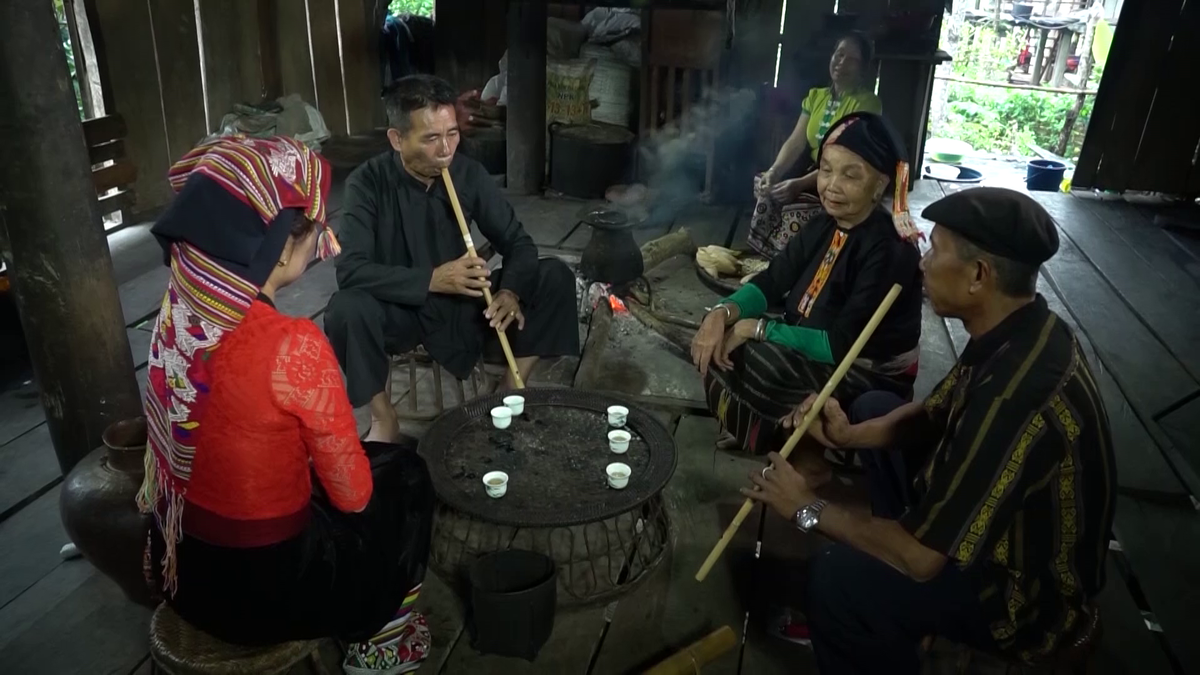



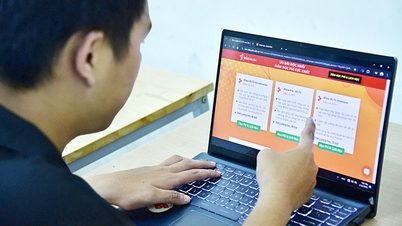
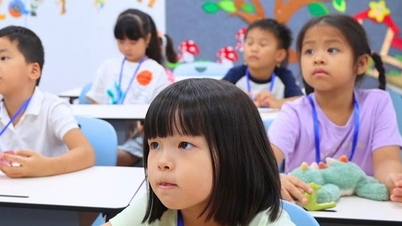

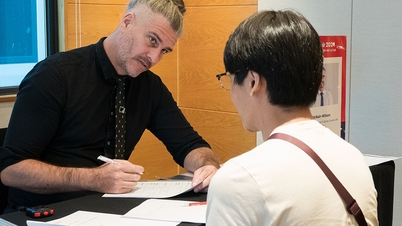




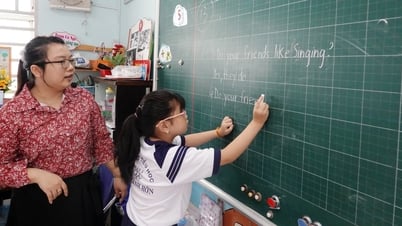
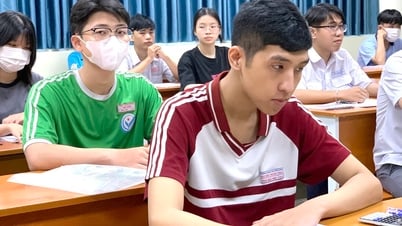

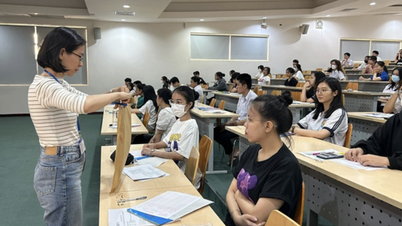































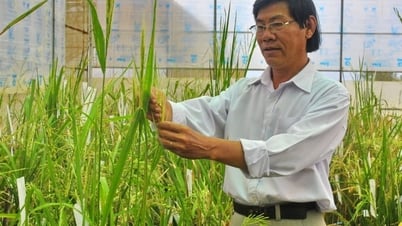
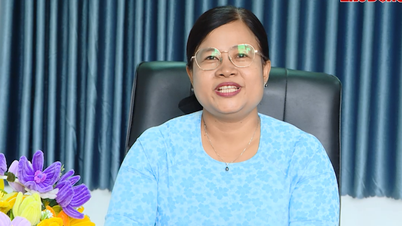


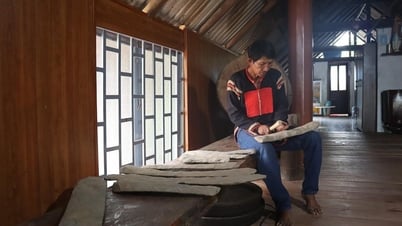











![[Photo] General Secretary To Lam attends the launch of 3 digital platforms serving the implementation of Resolution No. 57-NQ/TW](https://vphoto.vietnam.vn/thumb/402x226/vietnam/resource/IMAGE/2025/7/2/d7fb7a42b2c74ffbb1da1124c24d41d3)

























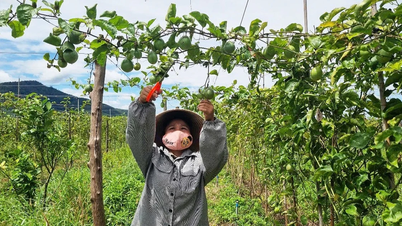











Comment (0)